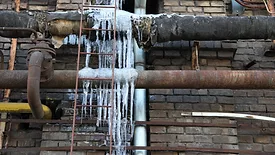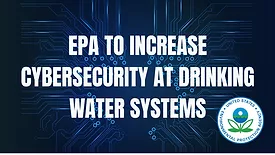Home » water system
Articles Tagged with ''water system''
Danish pump giant ramps up investment in American-made infrastructure solutions
Read More
Global Drain Technologies Launches Alliance Partner Network
The Goal? Deliver Turnkey Facility Solutions for Commercial Facilities
Read More
Episode 154 – The Driller Newscast
Beyond the MOS: The Hidden Project Management Power of Military Veterans
Read MoreLawmakers Press EPA for $3B in Stalled Lead Pipe Replacement Funds
A group of Illinois congressional delegates allege the federal government is targeting Democrat-led states.
Read More
EPA Pledges $3 Million to Tackle Lead in Tribal Drinking Water Systems
The funding supports three projects that focus on removing aging infrastructure.
Read More
EPA Orders Syracuse to Strengthen Lead Protections in Drinking Water
A Collaborative Step, but Challenges Remain
Read More
Grundfos Deepens North American Footprint
The company announced its strategic acquisition of Newterra
Read More
Butte Officials Lift "Do Not Consume" Order
Replace It with Health Advisory for Vulnerable Residents
Read More
EPA Allocates $9.5M for Grants to Increase Cybersecurity at Drinking Water Systems
The deadline to apply for funding under this program is Oct. 6, 2025
Read More
Dig deeper into the drilling and water supply industry!
Build your knowledge with The Driller, covering the people, equipment and technologies across drilling markets.
SIGN UP NOWCopyright ©2025. All Rights Reserved BNP Media.
Design, CMS, Hosting & Web Development :: ePublishing












